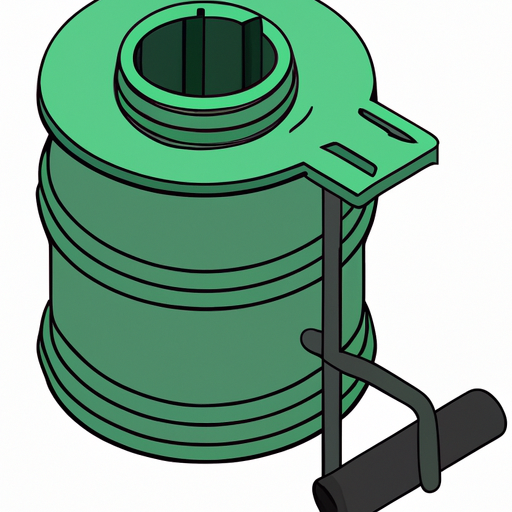Distributor & Consumer Management System: Bridging the Gap

In the intricate world of business operations, the Distributor & Consumer Management System (DCMS) stands out as a beacon of efficiency and streamlined processes. As businesses expand and consumer demands evolve, the need for a robust system to manage distributors and consumers becomes paramount. Let's delve into the world of DCMS and understand its significance.
What is a Distributor & Consumer Management System?
At its core, a Distributor & Consumer Management System is a software solution designed to manage, monitor, and optimize the relationship between businesses, their distributors, and the end consumers. It acts as a bridge, ensuring that products and services reach the consumers efficiently while maintaining a healthy relationship with distributors.
Key Components of DCMS:
- Distributor Management: This component focuses on managing distributor relationships, tracking their performance, and ensuring timely deliveries. It also includes features like order processing, inventory management, and payment tracking.
- Consumer Management: This facet of DCMS is dedicated to understanding consumer behavior, preferences, and feedback. It aids in segmenting consumers, launching targeted marketing campaigns, and ensuring customer satisfaction.
- Analytics and Reporting: One of the vital features of DCMS is its ability to provide actionable insights through data analytics. Businesses can track sales trends, distributor performance, and consumer feedback, enabling them to make informed decisions.
- Integration Capabilities: A robust DCMS will seamlessly integrate with other business systems like ERP, CRM, and financial systems. This ensures a smooth flow of information across different departments.
Benefits of Implementing DCMS:
- Enhanced Efficiency: DCMS automates various processes, reducing manual interventions and errors. This leads to faster order processing and improved delivery timelines.
- Strengthened Relationships: By providing tools to manage and monitor distributor performance, DCMS ensures that businesses maintain healthy relationships with their distributors.
- Consumer Insights: Understanding consumer behavior and preferences is crucial for business growth. DCMS offers tools to gather and analyze consumer data, leading to better product offerings and marketing strategies.
- Cost Savings: With optimized inventory management and reduced wastage, businesses can achieve significant cost savings.
In Conclusion:
The Distributor & Consumer Management System is not just a tool but a strategic asset for businesses. By bridging the gap between distributors and consumers, it ensures that businesses can meet consumer demands efficiently while maintaining strong distributor relationships. In the ever-evolving business landscape, implementing a robust DCMS can be the difference between success and stagnation.
Distributor & Consumer Management System, DCMS, distributor management, consumer management, data analytics, business operations, ERP integration, CRM integration.

